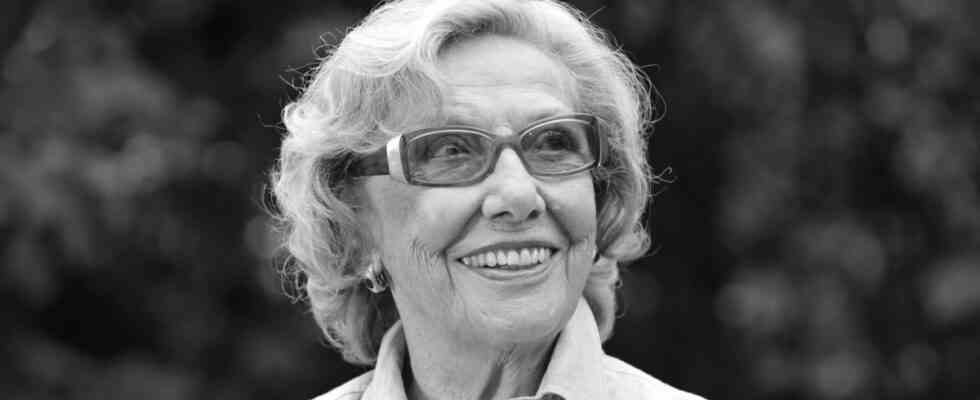Mr. Uri is the name of the fiancé from Zurich whom Julchen shows off to her friends – the whole story about their engagement is of course just a hoax and poor “Mr. Uri” is accordingly clumsy. Julchen, played by Lilo Pulver, would like to get into the cinema business with her screenplays, and she only slowly realizes that she is falling in love with the director, who is played by Bernhard Wicki and has the nickname “Buffalo”. “Die Zürcher Verlobung” was Barbara Noack’s second novel in 1955, a great success, and was brought to the screen in 1957 in a lively and joyful way by Helmut Käutner.
How Julchen mixes up life and writing and the dream factory is indicative of the charm of Barbara Noack’s books. Pure escapism, but one that reflects the essence of escapism itself, its relation to reality – the horrors of the war and post-war period in Germany, which forced Barbara Noack to give up her English studies and work in a munitions factory. One should only argue with escapism when one is willing to forego the high-school distinction between art and kitsch.
In 1988 she spoke out in the taz against the renaming of “Reichskristallnacht”.
More than two dozen books followed “Zürcher Engagement”, “Italy trip – love included” in 1957 or “Beloved Monster”, 1963, “A boy’s imagination usually has black knees”, 1971 or “Three are one too many”, 1982. 1983 has she also wrote two episodes of the series “Das Traumschiff”.
But the ZDF series “Der Bastian” brought the greatest success, it made the young one in the summer of 1973 Horst Janson – as Bastian, the prospective elementary school teacher – to the darling of the German TV audience. Barbara Noack wrote the screenplays, directed by Rudolf Jugert, who had been Käutner’s assistant for years, and Lina Carstens was Bastian’s grandmother. “Bastian must grow up” was the name of the last, the thirteenth episode, and that meant a teaching position in the Bavarian Forest, the departure from Munich, which could have been a paradise even before Helmut Dietl’s transfiguration.
Noack, born on September 28, 1924 in Berlin, lived many years of her life in the south, on Lake Starnberg. Throughout her life she retained her feeling for the secondary and basic tones in which history is manifested. In November 1988 she addressed a text in the taz against renaming the “Reichskristallnacht” – she associated “destruction, coldness and cynicism with the term. I associated the clinking of glass, the icy coldness of crystals, the darkness of the night in which the faces of the perpetrators remained anonymous and the victims were particularly defenseless.” She died in Munich on December 20 at the age of 98.

